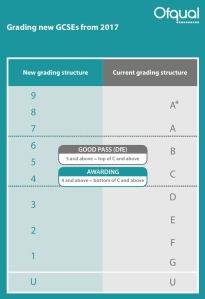I’m so lucky to have an NQT this year. Working with new teachers is a great way to reflect on your own teaching.
We were discussing teaching styles and I told her the following:
“I don’t care how you teach. Talk at them, put them in groups, jump up and down, do what you want. All I care about is if they’re learning. Have they learnt what they need to ? How do you know? If not, what are you doing about it?”
To me these are the fundamentals of teaching. Keep it simple. Whistle and bells teaching is great if it fulfils these. If not, you’re wasting your time. If it takes three lessons of students researching, making a poster and presenting one core concept I would argue that is a waste of time; there are more efficient ways to learn.
There is caveat to these. Due to the small amount of time we see our students, our job is to maximise the time we have with them and the time we don’t have with them. Our planning should ensure that learning is the priority; not fun or tick boxing for SLT/school policies. We are the experts and allowing students to engage with our expertise, to me, is what teaching is about.
Last term a student said to me “Wow Miss, how do you know all this stuff?”. The ‘fun’ in my lessons comes from their inquisitive questions. They want to know more. It’s my job to make sure they are learning, enjoyment is secondary. In most cases it comes as a natural consequence.
However this isn’t enough. Whilst we cannot pin-point learning in a lesson, there are strategies that seem to be as close as we can get to checking learning. I’ve always used testing in my classes but it’s only recently that I’ve seen the research that suggests how important it is for long term learning. So testing becomes the way to check if they really have learnt what you think they’ve learnt. But the best thing about testing is that it has a double bonus; it contributes to the learning itself. Repetition of content over a period of time helps to embed it and allows students to be able to apply it in different contexts.
The beauty of this view is that I don’t spend hours planning. Any resources I create are simple and focus on a key idea they need to understand. Most homework I set now is quizzing. It contributes directly to learning. It’s premade and marks itself.
If you have an NQT starting with you or you are one, remember teaching doesn’t need to be complicated. We just need to keep a focus on the learning; it’s not rocket science.




